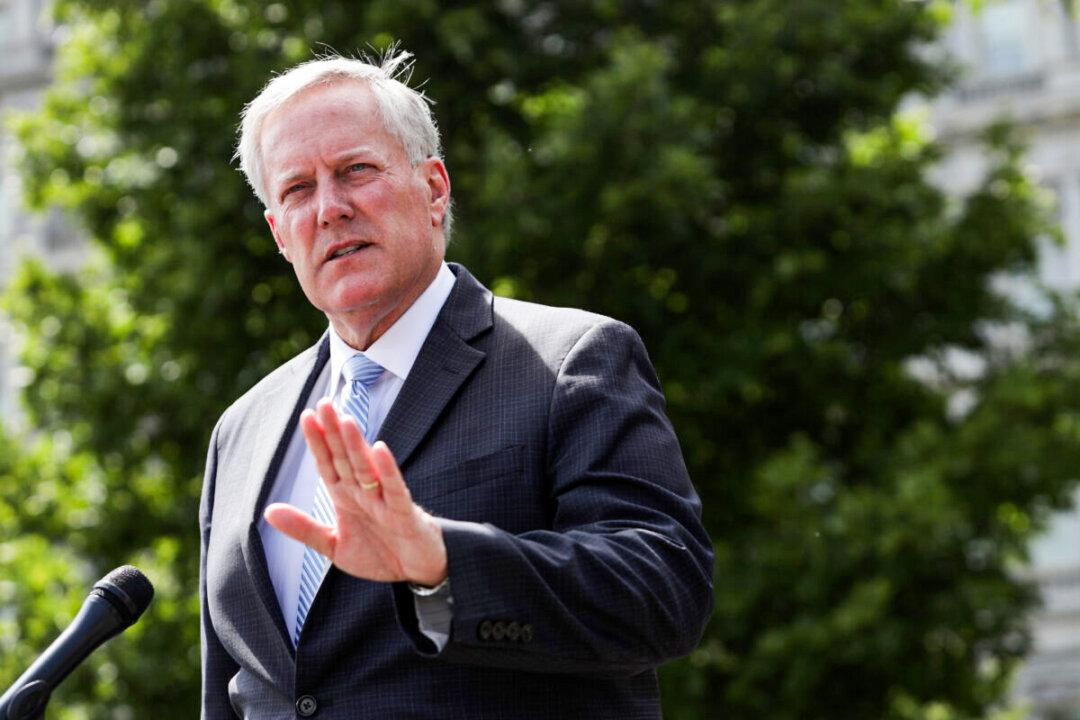Former Trump White House chief of staff Mark Meadows, who is facing election interference charges in Georgia, told a federal appeals court on Nov. 3 that its recent ruling defining what constitutes a federal officer bolsters his appeal.
Georgia prosecutors took the opposite tack, saying in a filing that the ruling helps their side.





